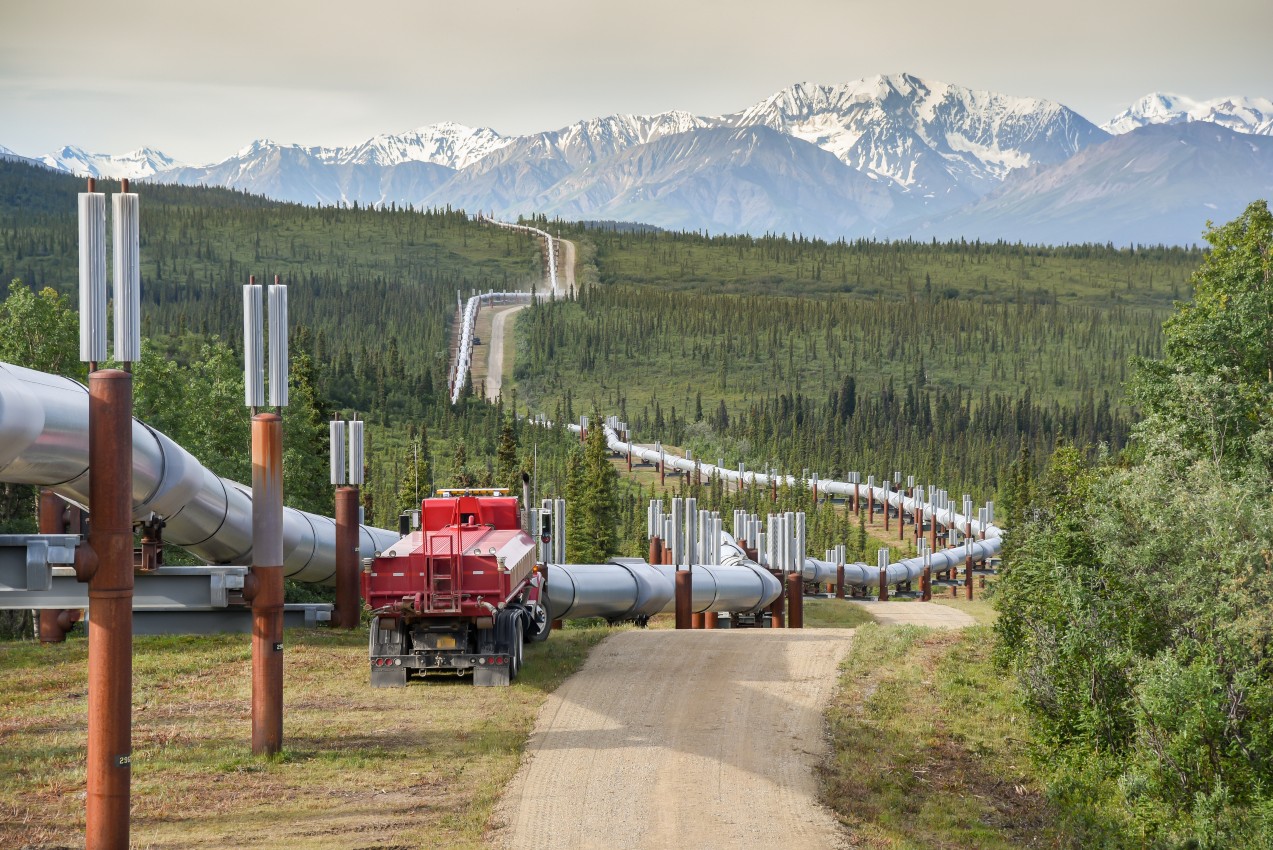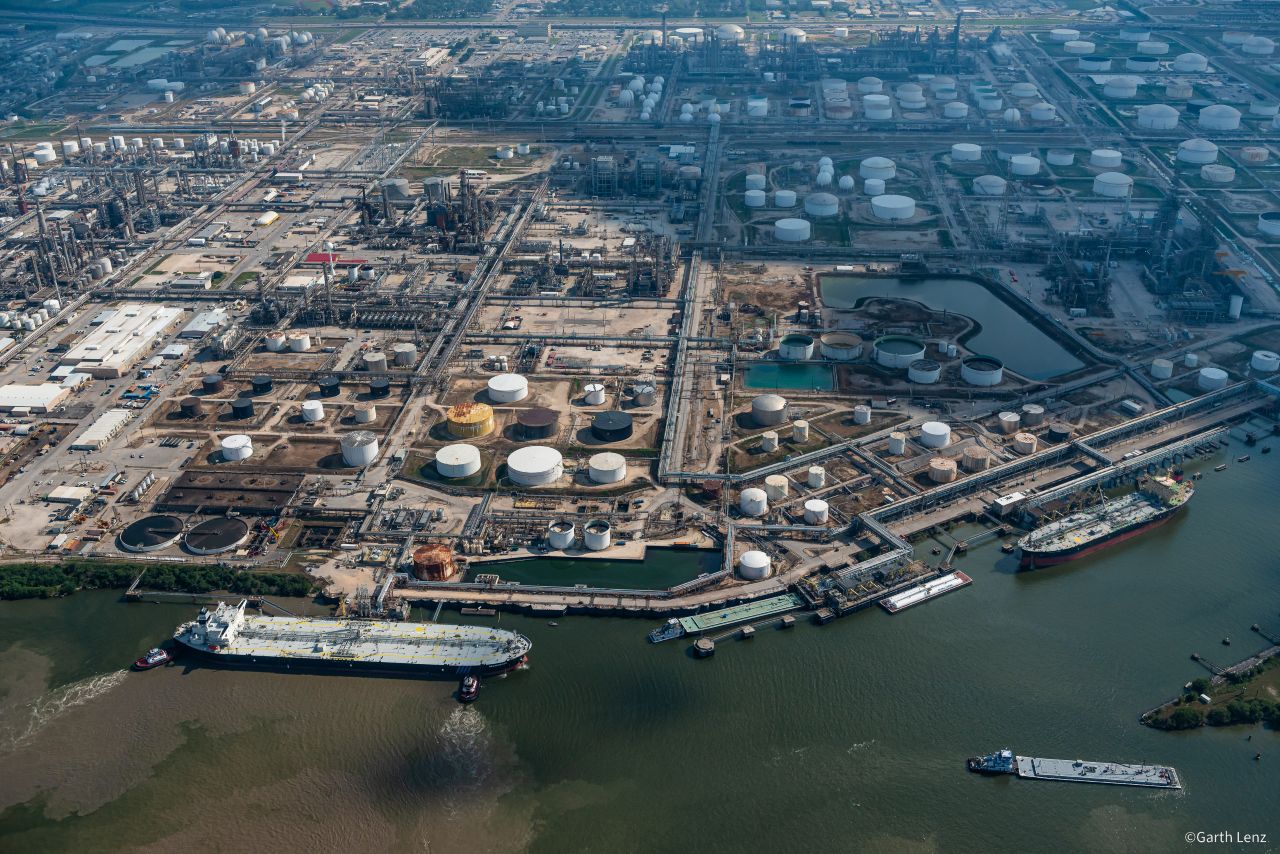Hundreds of landowners in the path of gas pipeline projects planned across Mississippi, Alabama, and Georgia
One of the largest energy companies in North America is planning 485 miles of natural gas pipeline expansion projects across Mississippi, Alabama, and Georgia, affecting hundreds of landowners who may have the rights to parts of their land condemned for construction.
In Mississippi, Georgia, and Alabama, the Houston-based Kinder Morgan is in the early stages of seeking authorization for a 279-mile pipeline called the South System Expansion 4 project, which would mostly run parallel to existing, decades-old pipelines owned by Southern Natural Gas, a Kinder Morgan subsidiary.
In Mississippi and Alabama, Kinder Morgan has submitted initial plans for a new 206-mile long pipeline that would cross through some of the poorest counties in the state. The Mississippi Crossing project would stretch from Choctaw County in Alabama to Washington County in Mississippi, cutting east-to-west and including the construction of three compressor stations.
The pipeline expansions across the Deep South are part of a nationwide trend of oil and gas companies building more pipelines to move vast amounts of gas unlocked by the growth of hydraulic fracturing and horizontal drilling. As of Jan. 31, the U.S. Energy Information Administration listed 107 pending gas pipeline projects across the U.S., including new pipelines, expansions, and upgrades.
Kinder Morgan says the new and expanded pipelines will supply gas for power plants and exports and for industrial, commercial, and household use, including through local utilities. The company held 11 public meetings on both projects across all three states over the last two weeks.
Georgia at least could see a surge in gas-fired power plants because of a boom in power-hungry data centers. Georgia Power, a privately-owned utility company that is the largest in the state, has said it may need to add 9,000 more megawatts of power by 2031, with 80 percent of that demand coming from data centers.
However, utilities and electric grid operators have a long history of overestimating how much power demand will grow, according to the president and CEO of the Electric Power Supply Association, Todd Snitcher. “The stock market experienced irrational exuberance around the dot com bubble,” Snitcher wrote in a January op-ed. “…In many ways, the race to power our artificial intelligence-driven future is showing the same thing.”
Christina Tidwell, senior attorney for the Southern Environmental Law Center, said:
“Data center demand predictions are plagued by unreasonable levels of uncertainty. Regular electric ratepayers could be left footing the bill for power plants and pipelines built in anticipation of loads that never reach predicted levels.”
Alabama, Georgia, and Mississippi are already highly dependent on natural gas for power generation, with natural gas-fired power plants making up the largest share of all three states’ generation mix. In December, wind and solar power accounted for only about 10 percent of the electricity generated in Georgia, 5 percent in Mississippi, and 3 percent in Alabama, according to the latest available data from the U.S. Energy Information Administration.
“Building out more gas infrastructure delays the transition to renewables,” said Ellen Griffith Spears, professor emerita of environmental history at the University of Alabama. “It perpetuates our dependance on emission-producing fuels at a time when… the potentially fastest-growing employers and industries are renewables—wind and solar.”
The impacts to people living along the path of the pipelines include construction noise and pollution and risks of leaks and explosions. From 2004 to 2023, pipelines in the U.S. saw an average of 289 significant accidents and incidents per year, according to federal data. These include an average of 13 deaths, 52 injuries, and $649 million in damage per year.
If the projects are approved by the Federal Energy Regulatory Commission (FERC), the decision would give the company power to force landowners to sell easements on their land for the pipelines’ construction and permanent operation.
For Elizabeth Lewis, who lives in Fortson, Georgia, with her husband and three young children, the pipeline represents a major safety concern. Lewis worries about the risks of leaks or explosions from the pipeline – 3.5 feet in diameter -- that Kinder Morgan plans to install only 115 feet from her front porch.
“Safety is the biggest thing,” said Lewis. “This isn’t just a corner piece of my property. This isn’t the backside of my property. I mean, this is right here.”
The construction of the pipeline will likely take out the family’s fence and run through the front of their property, where their 2-year-old child plays. It would also cut through their garden where they grow fruits and vegetables.
The family has heard conflicting information about the pipeline’s route from Kinder Morgan. The family’s land is about a mile away from the existing Southern Natural Gas line. If the expanded line followed that route, the family's property would not be harmed. But the company currently plans for the new pipeline route to diverge from the old route in Muscogee County, Georgia, near where Lewis lives, as well as in neighboring Lee County, Alabama
“Originally, we were told at their public open house that they were not going our way,” Lewis told FERC in a March 26 letter. “This was not factual information. Later, we were told that we are being affected by [the pipeline] and we are the alternate route. The original gas pipeline is a little south of us. It makes more sense to go the existing route.”
The Mississippi Crossing project would cross the Natchez Trace Parkway in Attala County, Mississippi. The parkway, a 444-mile scenic byway, is part of the National Parks System and follows the route of a historic Native American path later used by settlers to travel from Tennessee to Mississippi and Louisiana.
In Mississippi, Kinder Morgan is planning the pipeline route directly through a 100-acre sanctuary for foxes and coyotes owned by Jim Chaney, Jr., in Newton County. His father started the sanctuary more than 20 years ago.
“There is no feasible way for the sanctuary operation to continue and safety protect the foxes and coyotes if a natural gas pipeline is built in this particular location,” Chaney told FERC in a letter.
Chaney also expressed doubts about federal agencies’ ability to safely oversee the pipeline project because of the chaos caused by the Trump Administration. Trump and Elon Musk have been firing and laying off thousands of federal workers and, in February, the White House issued an unprecedented order claiming authority over FERC and other independent federal agencies.
“Recent upheaval of all federal agencies cast a shadow on any federal agency being sufficiently staffed so as to properly review and monitor the design, construction, and maintenance of this natural gas pipeline,” Chaney wrote.
Lead photo: Pipeline construction in Pennsylvania. Barb Jarmoska, 2010. Photo courtesy of FracTracker Alliance.















